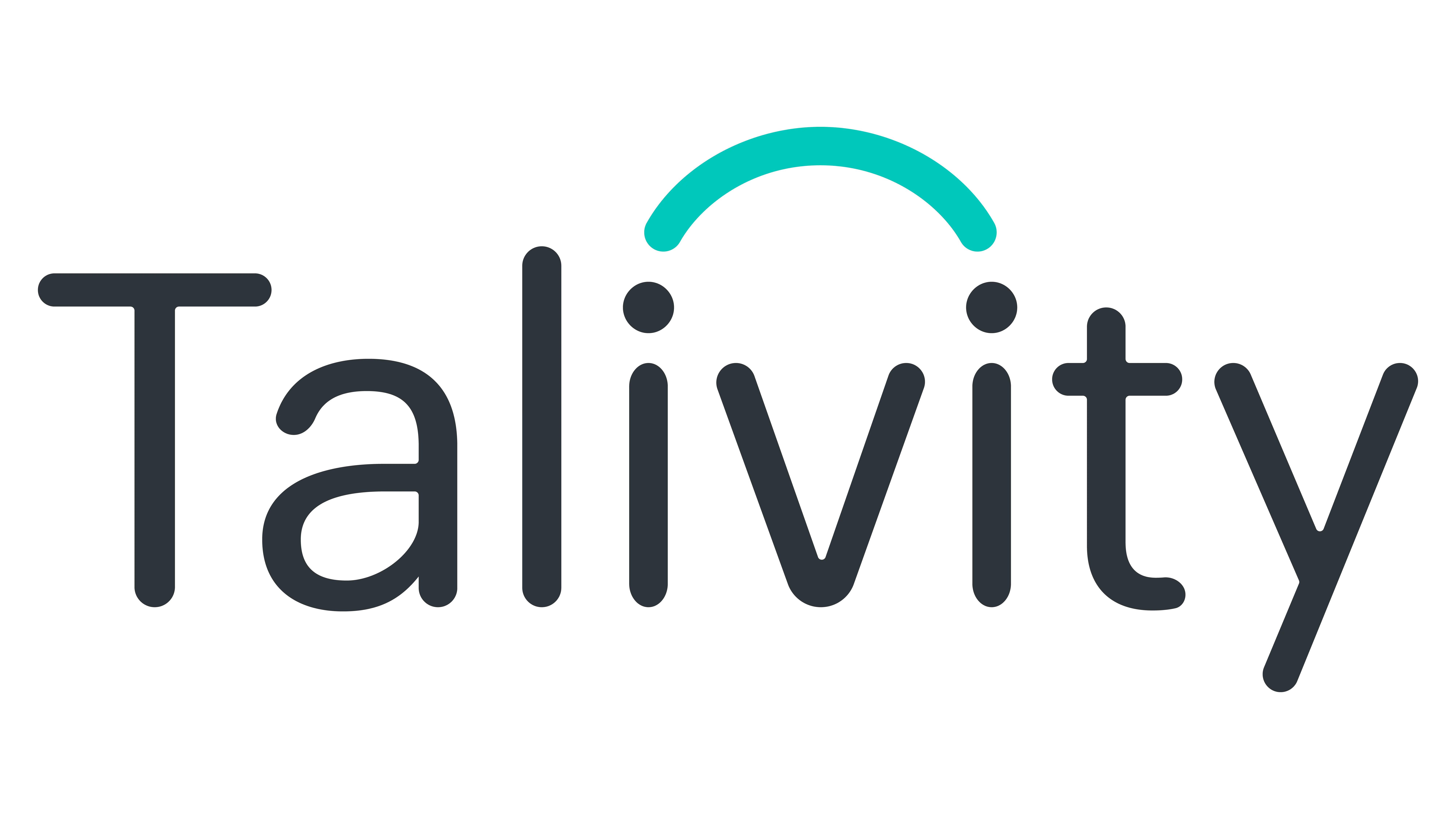Find the right solution for your business.
Explore SolutionsAs a recruiter, you know that speed is everything when it comes to hiring. The faster you can bring new employees on board, the lower the risk of losing them to the competition. Plus, a quick hiring process not only reduces costs but also keeps productivity levels high. Looking for tactics to reduce time to hire? We’ve got you covered.
Understanding Time to Hire
Time to hire is the total duration between when a job candidate submits an application and when they officially accept the job offer. It’s a crucial metric for evaluating the efficiency of your recruitment process.
How to Calculate
Begin by compiling a roster of all candidates who successfully transitioned into employees and make sure to record two pivotal dates—the day they submitted their applications and the day they formally embraced the job offer. The time to hire for each candidate is the span of days bridging these two dates.
For example:
John Smith submitted an application on July 1 and accepted the job offer on July 26. This resulted in a time to hire of 26 days.
If you want an average time to hire, compile this metric for all hires in a given time period. Then, divide that number by the total number of hires to find the average time to hire.
The Importance of Time to Hire
Time to hire is a pivotal gauge of your hiring process’s efficiency. If your average time to hire is excessively lengthy, it may signify more extensive organizational issues, such as a lack of an effective recruitment strategy. This can result in challenges maintaining a steady stream of potential candidates in your talent pipeline.
Setting the Ideal Time to Hire
In general, companies should aim for a time to hire of 7-10 days. However, this benchmark may fluctuate based on industry, location and the specific roles you’re looking to fill. Specialized healthcare positions, for example, tend to require a longer duration to fill compared to entry-level roles in the restaurant industry.
To put it in perspective, consider a recent study showing that the median time to hire for engineering roles is 49 days, whereas administrative positions take around 33 days.
Root Causes of Prolonged Time to Hire
If your organization’s time to hire falls outside the industry norm, various organizational challenges may be the culprits. Here are common reasons behind extended time to hire.
Lack of Process and Manual Tasks
Organizations without established recruitment or hiring processes tend to experience longer time to hire. With each new job opening, the recruitment team must start from scratch, creating job descriptions, deciding where to post them and promoting them. This reliance on manual processes can exacerbate the situation.
Complex Hiring Processes
In some cases, an excessively long time to hire results from the inclusion of unnecessary steps in the process. Multiple rounds of interviews or excessive skill tests can prolong the hiring process needlessly and deter qualified candidates. Reevaluating your hiring strategies to eliminate such steps can significantly reduce time to hire.
Enhancing Time to Hire
Improving time to hire offers numerous advantages beyond quicker recruitment. It positively impacts onboarding, retention, budgeting and more. Here are four steps you can take to enhance your time to hire.
Consider an Applicant Tracking System
Investing in an Applicant Tracking System (ATS) can significantly streamline your recruitment process. ATS software automates various aspects of hiring, from job posting to candidate screening. This not only reduces manual effort but also speeds up the entire recruitment process.
Automate the Screening Process
Manual screening is a time-consuming aspect of recruitment. Consider automating this process with software that utilizes AI, such as Chattr, an applicant tracking system that leverages AI to streamline hourly hiring. to identify keywords, phrases or desirable traits. This helps you efficiently select the best candidates from a larger pool.
Engage with Candidates Promptly
Timely communication is essential. Candidates expect timely responses and long waiting periods can deter them. A faster response not only enhances the candidate experience but also contributes to a lower time to hire and time to fill.
Streamline Communication
Timely communication is essential. Automated chatbots integrated with your recruitment software can reduce back-and-forth scheduling and provide prompt answers to applicant questions.
Benefits of Reducing Time to Hire
Reducing time to hire brings forth several benefits that extend beyond expedited hiring.
Attract Strong Candidates Quickly
Reducing time to hire allows you to secure high-quality candidates before your competitors. Swift responses to applications, interviews and offers increase the likelihood of attracting top talent before they explore other opportunities.
Cut Costs and Save Time
A lengthy time to hire leads to increased recruitment and HR management costs. It can also result in overtime costs for teams covering vacant positions. Reducing time to hire helps alleviate these expenses.
Enhance Candidate Experience
Improving the candidate experience is crucial. Complex applications and long waiting periods can frustrate candidates. Simplifying and expediting the process enhances their experience and encourages them to join your organization.
Swift and efficient hiring processes are not just indicators of organizational efficiency but also vital in attracting and retaining top talent. By diligently assessing and refining your hiring methodologies, you can ensure an uninterrupted flow of top-tier candidates, all while enhancing their journey with your organization.
A prompt hiring process isn’t just about speed—it’s about organizational excellence and forward-thinking. So, as recruiters, it’s essential to harness the tools and tactics that bolster our “time to hire” performance, setting the stage for both immediate successes and long-term growth.

